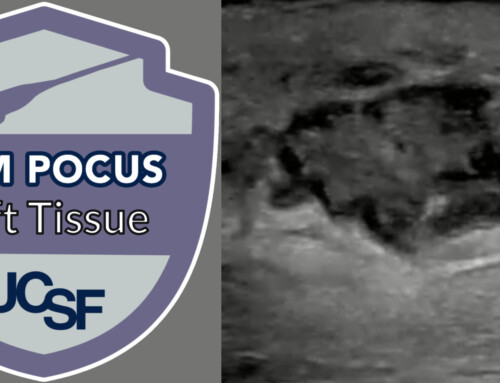
Which medication can be derived from the bark of the pictured tree?
- Aspirin
- Atropine
- Colchicine
- Quinine
References
- Desborough MJR, Keeling DM. The Aspirin Story – from Willow to Wonder Drug. British Journal of Haematology. 2017;177(5):674-683. PMID: 28106908.
- Schmid B, Kötter I, Heide L. Pharmacokinetics of salicin after oral administration of a standardised willow bark extract. European Journal of Clinical Pharmacology. 2001;57(5):387-391. PMID: 11599656.
- Shara M, Stohs SJ. Efficacy and Safety of White Willow Bark (Salix alba) Extracts. Phytotherapy Research. 2015;29(8):1112-1116. PMID: 25997859.
- Srivali N, Cheungpasitporn W, Chongnarungsin D, Edmonds LC. White willow bark induced acute respiratory distress syndrome. N Am J Med Sci. 2013 May;5(5):330. PMID: 23814765.
- Kuzak N, Brubacher JR, Kennedy JR. Reversal of salicylate-induced euglycemic delirium with dextrose. Clinical Toxicology. 2007;45(5):526-529. PMID: 17503260.
- Oketch-Rabah HA, Marles RJ, Jordan SA, Low Dog T. United States Pharmacopeia Safety Review of Willow Bark. Planta Medica. 2019;85(16):1192-1202. PMID: 31604354.
- Palmer BF, Clegg DJ. Salicylate Toxicity. New England Journal of Medicine. 2020;382(26):2544-2555. PMID: 32579814.
- Schmid B, Kötter I, Heide L. Pharmacokinetics of salicin after oral administration of a standardised willow bark extract. European Journal of Clinical Pharmacology. 2001;57(5):387-391. PMID: 11599656.







